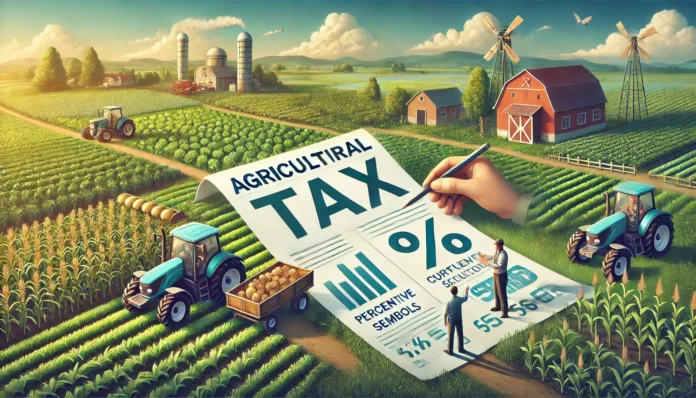The Balochistan High Court has ruled that the taxation of agricultural income is within the domain of provincial governments, dismissing the Federal Board of Revenue’s (FBR) attempt to tax such income. The court’s decision also clarified that consequences of delayed payments should be governed by provincial laws, affirming the legal framework established by the 18th Amendment.
According to media reports, the ruling came in a case involving taxpayer Khalid Hussain, who had disputed a tax demand imposed by the FBR. The case focused on whether the FBR had the right to tax agricultural income, which, under the 18th Amendment, falls under provincial jurisdiction.
The FBR had issued an assessment order, creating a tax demand of Rs. 10,154,812, arguing that the agricultural income was taxable and the exemption under Section 41 of the Income Tax Ordinance, 2001, was not applicable.
Representing Hussain, Advocate Riffat Naeem Jan argued that agricultural income should not be taxed by the FBR, citing the 18th Amendment, which devolved authority over agricultural taxation to the provinces. The Commissioner Inland Revenue contended that the tax demand was valid under Section 122(9), and the FBR had the authority to impose such taxes despite the exemptions provided under Section 41.
The case had been originally reviewed by the Appellate Tribunal Inland Revenue (ATIR), which sided with Hussain, ruling that agricultural income could not be taxed by the FBR. The Commissioner then sought judicial review by the Balochistan High Court.
In its ruling, the Balochistan High Court upheld the decision made by the ATIR, dismissing the appeal by the Commissioner. Citing precedents from the Supreme Court and Lahore High Court, the court reaffirmed that agricultural income taxation remains a provincial matter, and any penalties or actions related to late payments should follow provincial regulations.
This judgment further solidifies the legal stance that the FBR cannot impose taxes on agricultural income, reinforcing the exclusive authority of provincial governments over such matters.
























